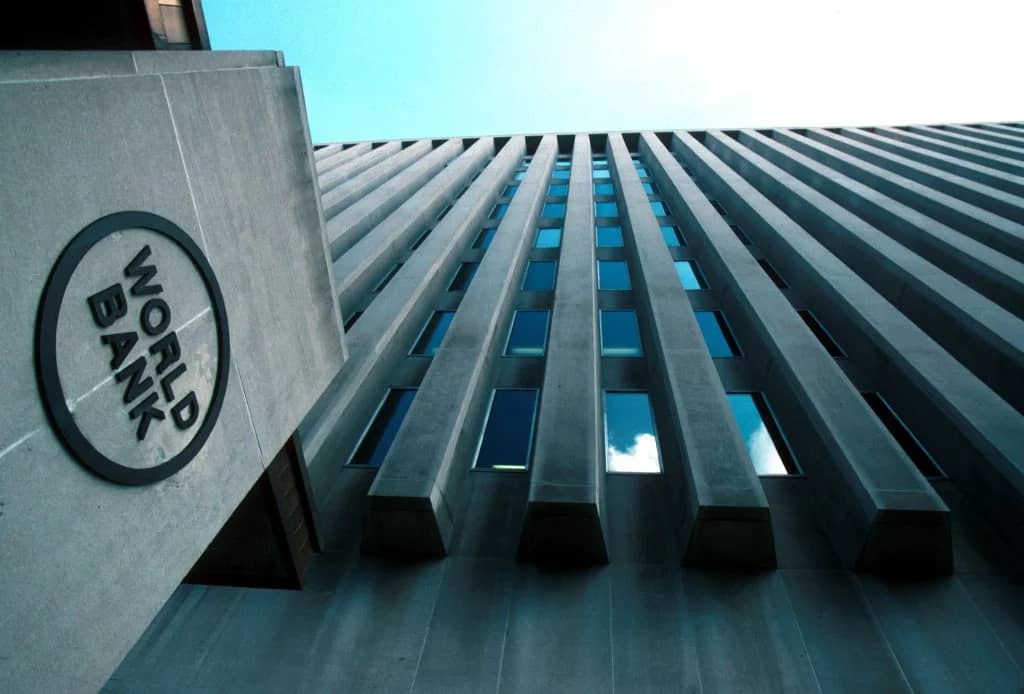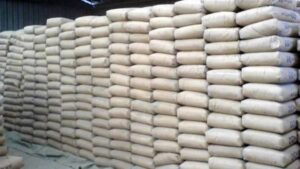Nigeria to Request $500 Million World Bank Loan to Improve Rural Roads, Tackle Food Inflation

The Nigerian government is seeking a $500 million loan from the World Bank to enhance rural road infrastructure, facilitate better access to agricultural products, and address rising food prices.
The proposed funding aims to benefit approximately 92 million rural residents who currently suffer from inadequate road networks.
In a statement, the World Bank emphasized that the funds are intended to address critical infrastructure needs in rural areas, aiming to improve living conditions and economic opportunities. This funding request is part of the final draft of the Resettlement Policy Framework for the Nigeria Rural Access and Agricultural Marketing Project Scale-Up (RAAMP-SU), implemented by the Federal Ministry of Agriculture and Rural Development.
The RAAMP-SU project will support three primary components: Improvement of Resilient Rural Access ($387 million), Climate-Resilient Asset Management ($158 million), and Institutional Strengthening and Project Management ($55 million). The overall cost of the project is estimated at $600 million, with the World Bank expected to cover 83.33% of the total funding.
The policy document indicates that participating states must have fully functional Roads Funds and Roads Agencies with appointed boards and staff, along with budget provisions for administrative costs. It states, “Rural access is particularly restricted in areas densely populated by the economically disadvantaged. These factors underscore the imperative to expand and enhance the rural road network, as well as conserve rural road and transport assets.”
The document also highlights the project’s focus on fostering women’s representation in the transport sector. “The new project would require the States to have a fully functional Roads Fund and Roads Agency with appointed boards and staff, and provision for administrative costs made in the state budget. Additionally, RARAs offer an opportunity to foster women’s representation in the transport sector,” it added.
This development comes amid escalating food inflation in Nigeria. In April 2024, the National Bureau of Statistics reported a 40.53% increase in food prices, driven by factors such as insecurity, rising energy costs, and expensive transportation.
Nigeria’s total debt stock reached N97.341 trillion by the end of 2023, with foreign debt accounting for N38.22 trillion, or 39% of the total debt.










